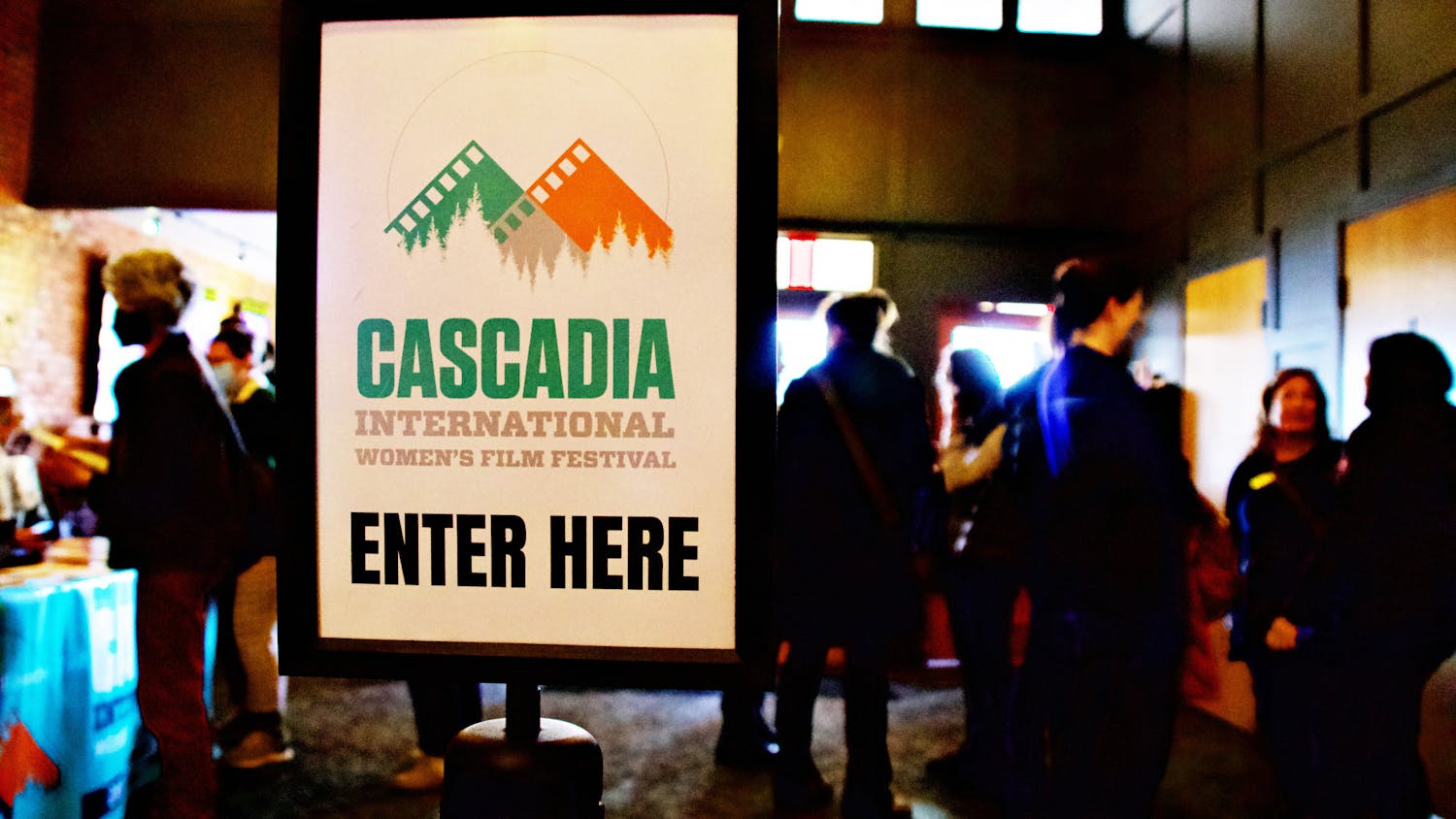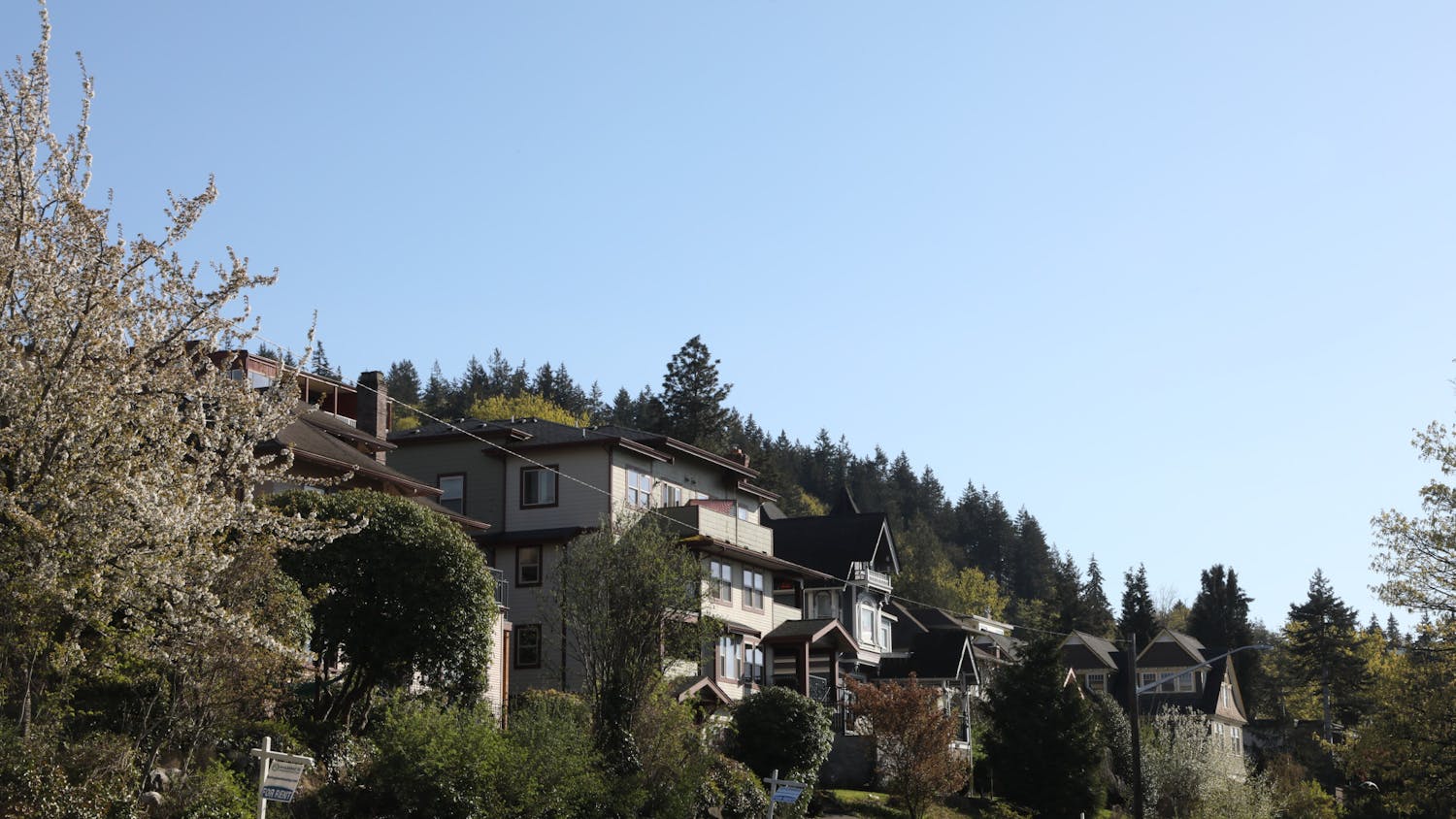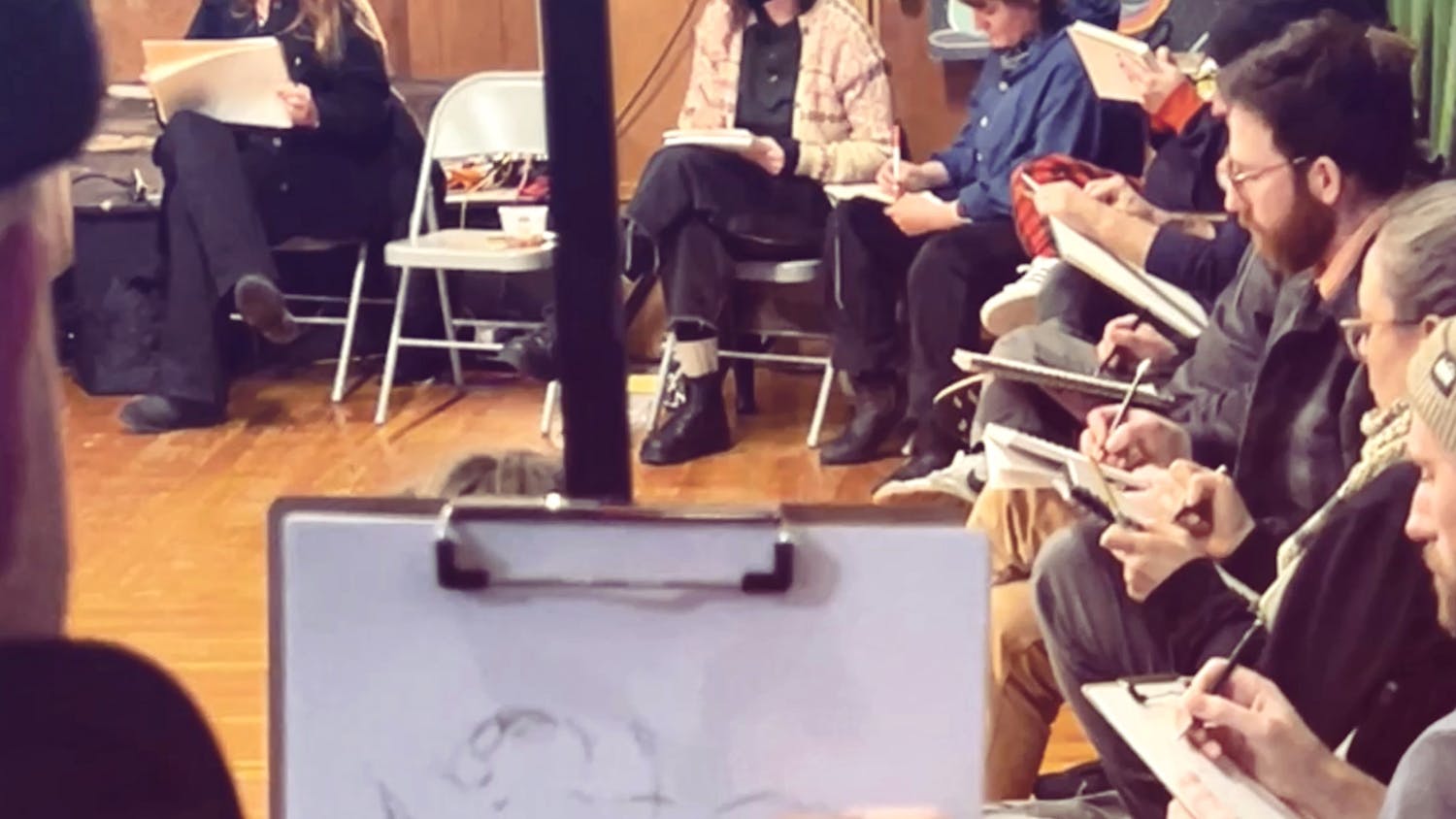A paper recycling bin on Friday, Nov. 1. // Photo by Merrideth McDowell By Merrideth McDowell The moment of hesitation when it comes to deciding if something is recyclable is relatable. Many think to themselves, “Does the cereal box go into cardboard or paper?” or “Is it okay to recycle this dirty old jar?” But before tossing it in, double check. Wishful recycling, when someone recycles with doubt if it is recyclable or not, is a recurring problem everywhere, particularly for Western residents.Richard Neyer, recycle center manager for the Associated Students Recycle Center, said this is a common issue for campus residential recycling. “I think people want to help, or wish something is recyclable, but when you are doing this you are actually hurting recycling,” Neyer said. Neyer and his team regularly find trash in the recycling, which he explained could be due to students coming from places that practice single-stream recycling, meaning all trash and recycling go into the same bin. Here are some recycling guidelines and rules you might not know about Bellingham’s dual-stream recycling services: Plastic bottles, cans and glass: Accepted
- Any plastic, aluminum or steel cans, and glass
- Labels on containers (plastic or paper)
- Plastic film
- Styrofoam
- Dirty containers
- Small, loose pieces such as unscrewed caps
- Straws
- Any paper product
- Envelopes with plastic film window (there are certain amounts of other product that is able to be filtered out in processing)
- Paper with staples
- Paperboard (i.e. cereal boxes and toilet paper rolls)
- Tetra Paks (hybrid plastic/paper containers commonly used for milks and broths)
- Inseparable hybrid material containers
- Single use products like hydenic products, paper towels, and toilet paper
- Cardboard
- Wrappers with plastic coating (i.e. granola bar wrappers)
- Fully clean containers before recycling
- Buy recyclable materials and avoid buying harshly packaged items
- Ensure you are only recycling what is supposed to be in a labeled container
- Avoid plastic film and use reusable bags
- Do not throw away any food into recycling vesicles
- Check your local recycling center to see where specialty containers/materials like tetra paks are allowed in your bins





